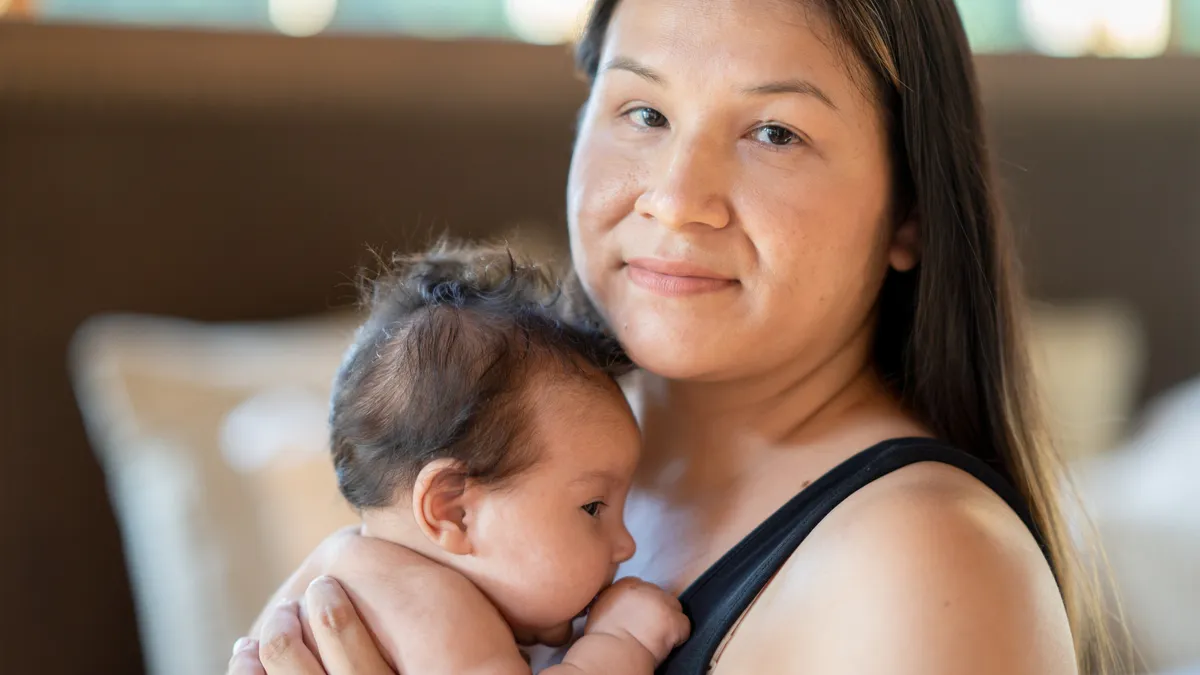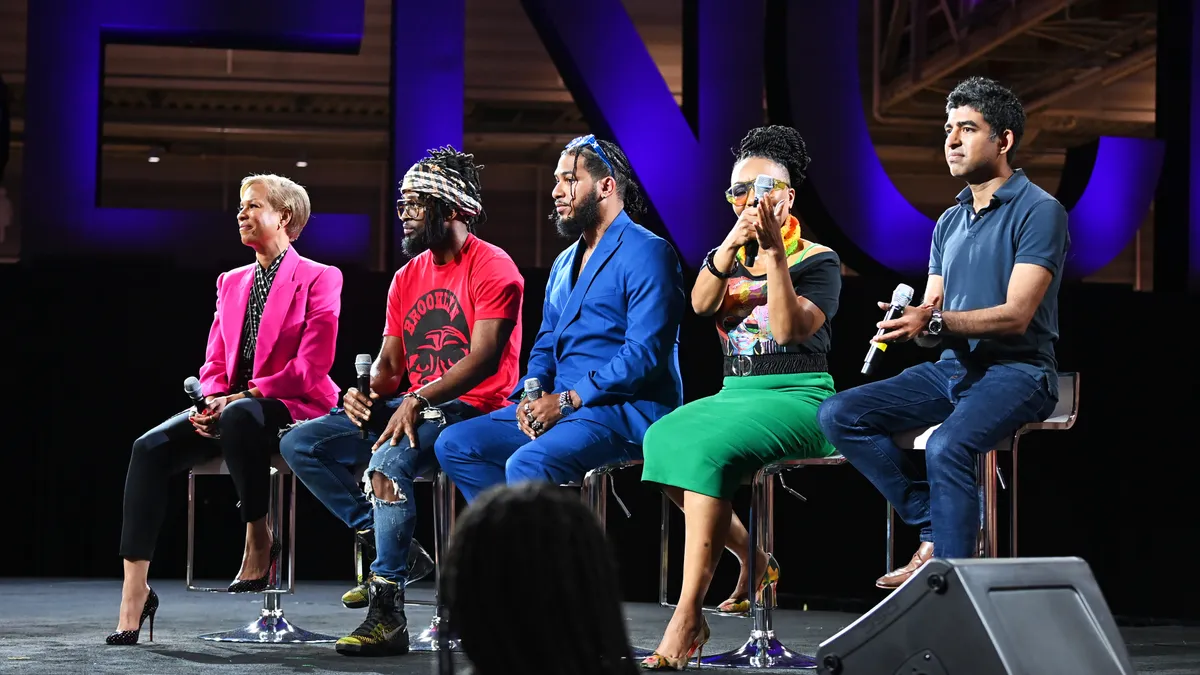The majority of women feel like mothers are “forgotten once the baby arrives,” according to The Harris Poll, which released its now annual report on U.S. maternal health. Sixty-four percent of women respondents and respondents who have given birth reported feeling this way, with slightly less than one-quarter of those groups “strongly” agreeing.
Both of these metrics are only slightly lower than last year’s findings: at the time, 66% of women agreed that mothers were forgotten and 26% of women agreed with that statement strongly.
“While many found the care they received during the various stages of the pregnancy journey to be adequate, it appears care level declines as they get further in their journey,” researchers said in the report published July 31.
"Fourth-trimester" care — that which occurs in the months after delivery — had the "lowest ranking for adequate care and highest for subpar care," The Harris Poll noted. Forty percent of the respondents said they didn’t receive enough or any information on breastfeeding; similarly, more than half of respondents said they did not receive enough information, if any at all, about postpartum depression.
With most respondents saying there isn’t enough focus on healthcare for mothers after pregnancy or birth, an opportunity exists for companies to rise to the occasion through equity and inclusion work.
From culture hacks that “ease the mental load” of working parents to returnships for mothers, the stories below can serve as a guide to what employers can do to support mothers at work.





















